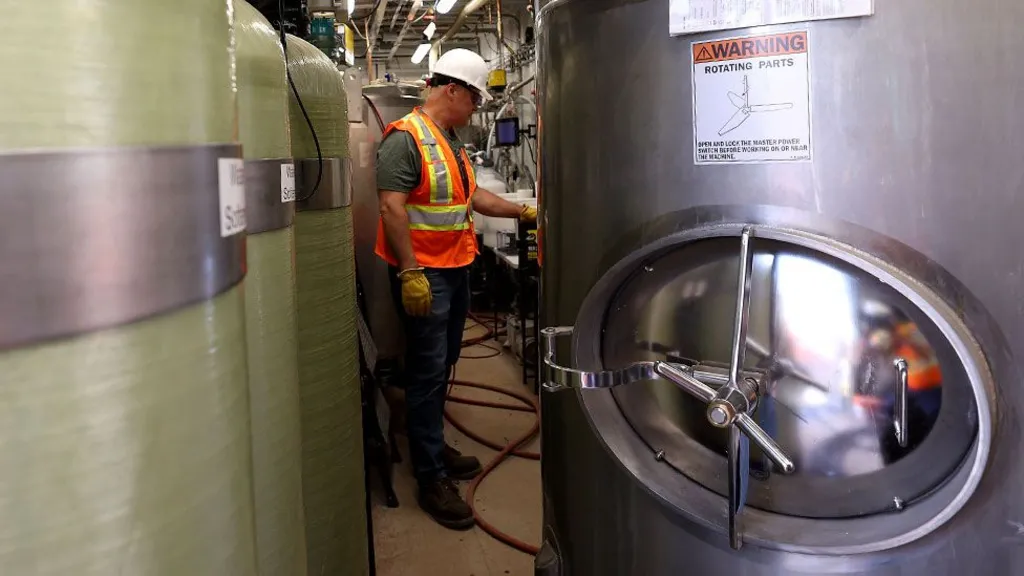
Will Carbon Capture Help the UK Tackle Climate Change?
The UK government has committed £21.7bn over the next 25 years to boost carbon capture and storage (CCS). This significant investment is aimed at reviving the country’s industrial regions while promoting clean energy. But the big question is: will this massive financial outlay truly help the UK tackle climate change?
What is Carbon Capture and Storage?
Carbon capture and storage (CCS) is a process that captures carbon dioxide (CO2) produced from power plants and industrial activities. Instead of allowing the CO2 to escape into the atmosphere, it is trapped and stored deep underground. This process helps to prevent it from contributing to global warming.
Unlike carbon removal, which relies on natural methods (such as tree planting) or machines to pull CO2 directly from the air, CCS captures the gas at its source.
The Role of Carbon Capture in Achieving Net Zero
Although CCS has been around for decades, it hasn’t taken off on a large scale. Globally, around 45 carbon capture facilities currently exist, collectively capturing over 50 million tonnes of CO2 each year. While this sounds significant, it’s a drop in the ocean compared to the 35 billion tonnes of CO2 emitted annually from fossil fuels and industry.
Still, organizations like the UN’s Intergovernmental Panel on Climate Change (IPCC) and the UK’s Climate Change Committee recognize CCS as a crucial tool in reaching net zero emissions.
While renewable energy sources such as wind and solar are expected to power more homes and cars, certain industries—such as cement production—still need solutions to reduce emissions. CCS could become vital for these sectors.
Can the UK Become a Leader in Carbon Capture?
The UK government believes the country is well-positioned to lead in CCS development. The North Sea offers ideal storage locations, and many workers from the oil and gas industry already have the skills required for the technology.
The government’s £21.7bn pledge, alongside £8bn from private investors, aims to establish the UK as a global hub for carbon capture. Planned CCS projects in Merseyside and Teesside are set to begin operations by 2028, with the goal of capturing 8.5 million tonnes of CO2 each year. While this is a small fraction of the UK’s 384 million tonnes of annual emissions (as recorded in 2023), the hope is that these projects will pave the way for cheaper and more effective carbon capture solutions in the future.
Economic Challenges for Carbon Capture
The real challenge for CCS is economic rather than technological. Until now, it has been cheaper for companies to release CO2 into the atmosphere rather than capture it. To address this, the government plans to incentivize companies to store their emissions while imposing penalties for those that fail to do so.
“Over time, the carbon price will inevitably rise,” says Ed Miliband, the Energy Secretary, in support of these measures. “But for now, the right thing to do is to help these companies capture the carbon and ensure the competitiveness of our industry.”
Is Carbon Capture the Answer to Climate Change?
CCS will not solve all of the UK’s climate challenges, but it can play a crucial role in reducing emissions from hard-to-decarbonize industries. The government’s investment is designed to make CCS more affordable and effective over time, similar to the progress made in wind and solar energy.
Internal Link:https://kenkou-land.com
External Link:https://bbc.com





